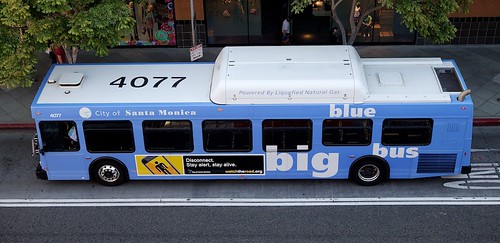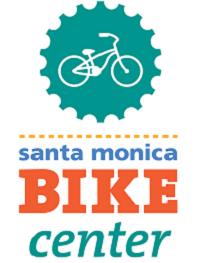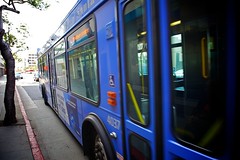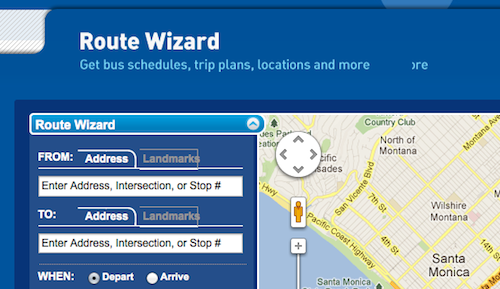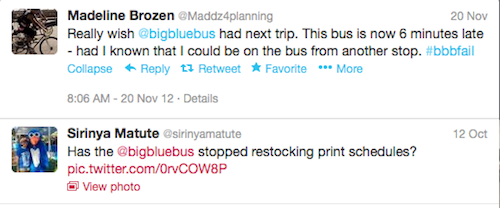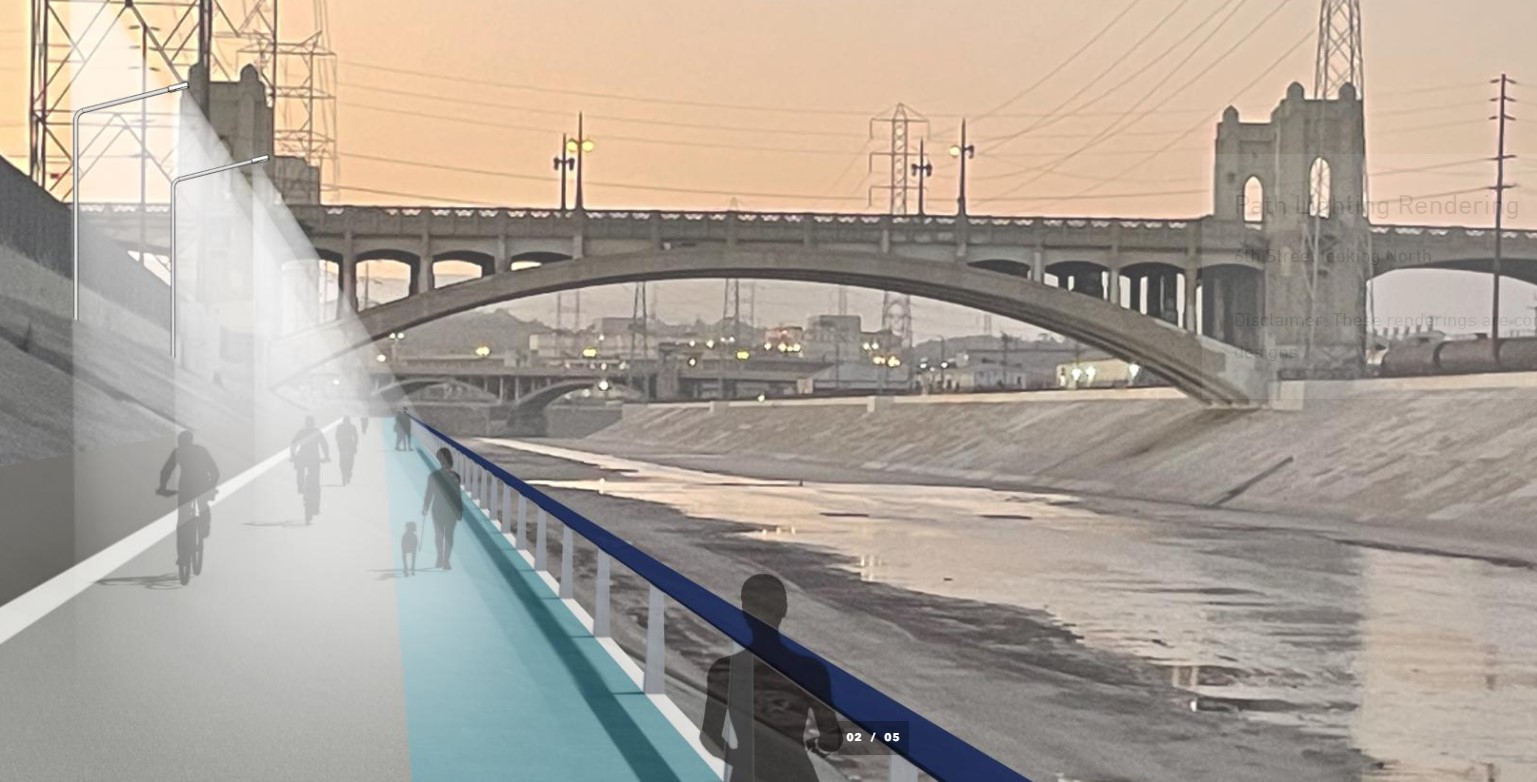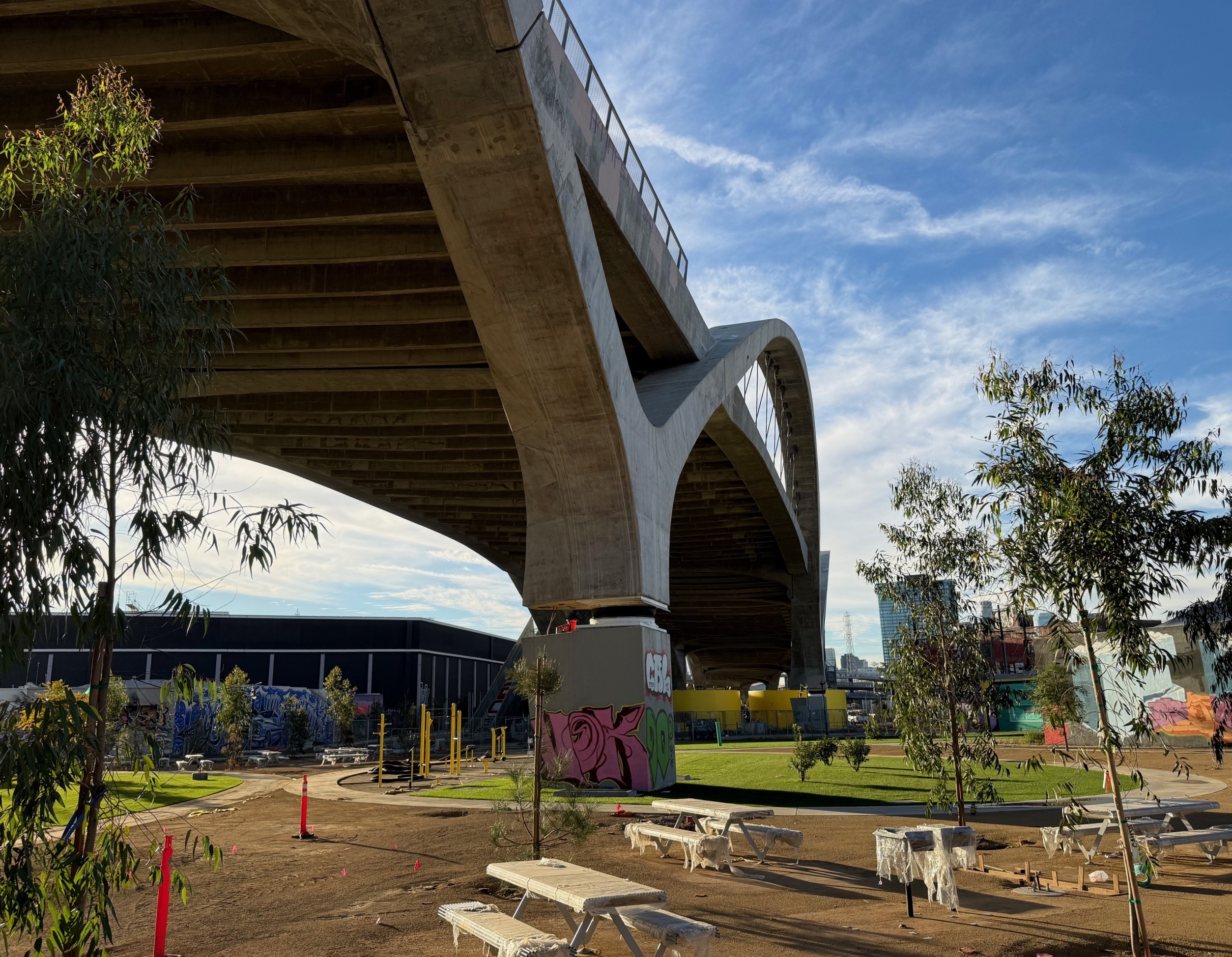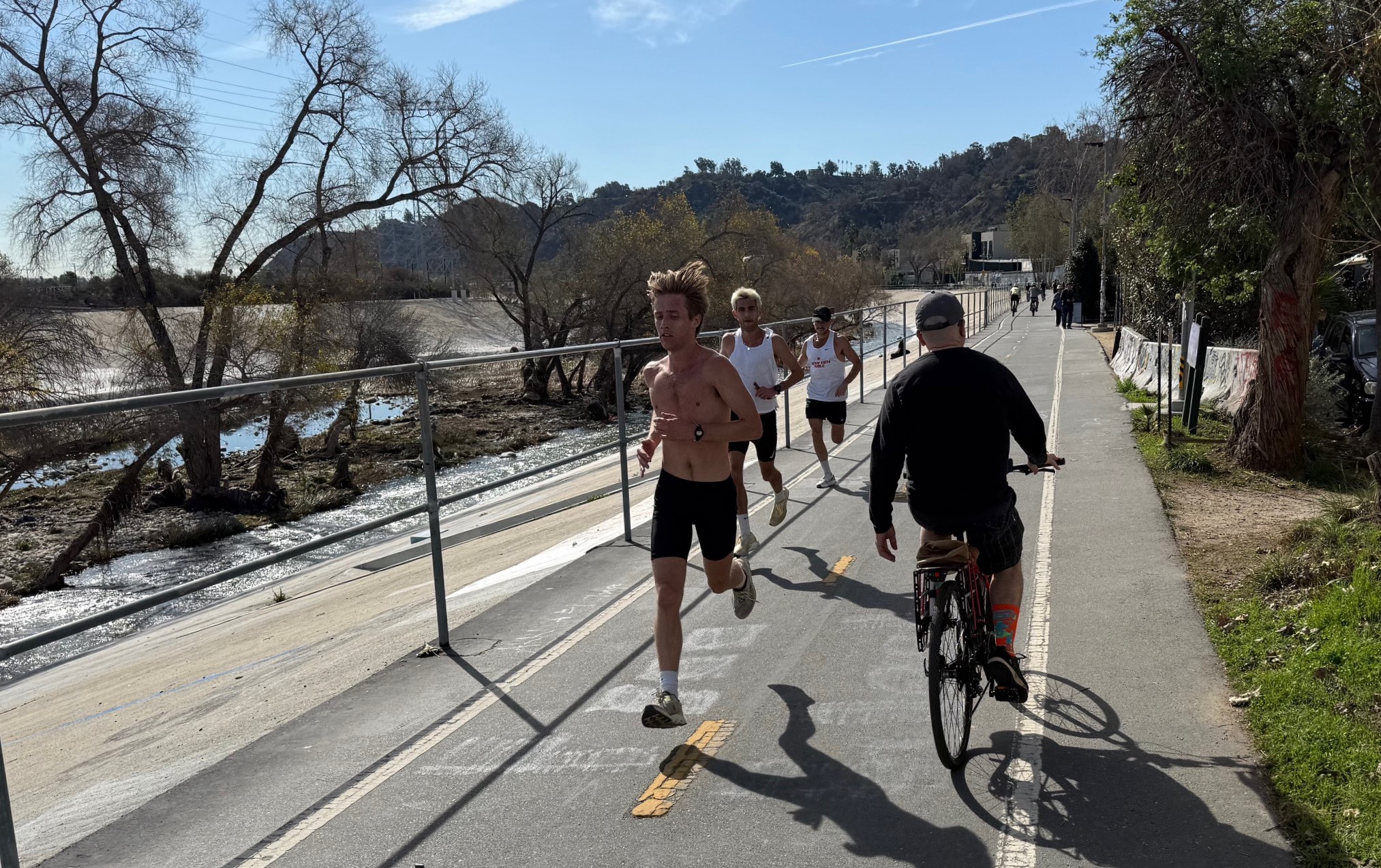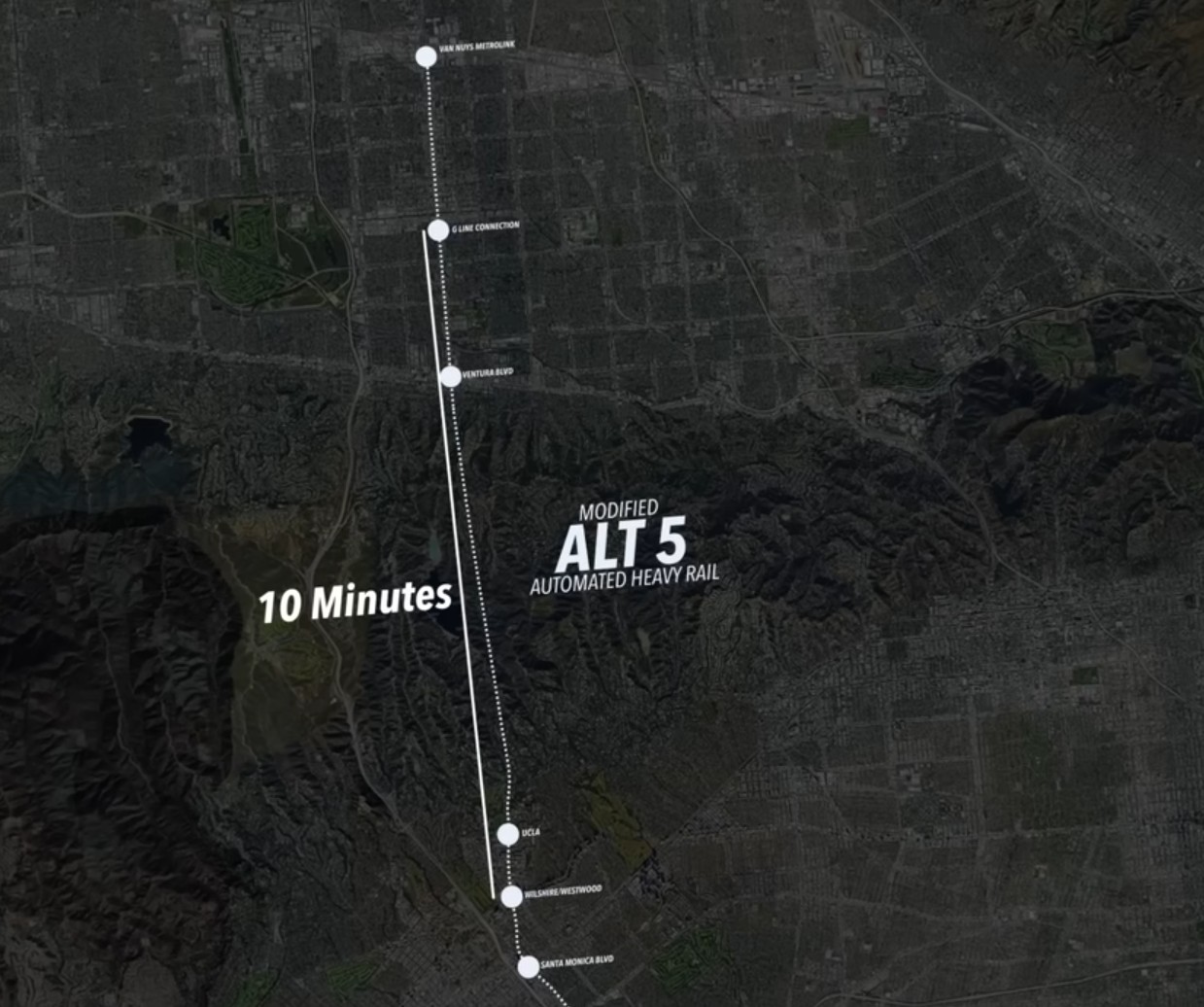One game changing advancement to help users navigate public transit websites is the proliferation of smart phones, apps, and map services catering to public transit. While we shouldn’t assume everyone has access to these tools, it is foolish to not embrace the opportunities these new tools make possible. However, Big Blue Bus remains behind with a lack of real time updates made available. In addition, scheduling and routing data remains inaccessible to independently developed apps and websites.
I’ve been riding the Big Blue Bus to get around since I started going to college in 2002. Unfortunately I have also seen the Big Blue Bus remain behind the curve of on every big new development in making transit data more accessible. When Google Transit hit the scene, it was so refreshing from the clunky Metro Trip Planner of the time. However years passed and announced timelines broken multiple times before Big Blue Bus made it’s own data available to Google. Siel Ju of now the now defunct blogs Emerald City at the Times and theGreen LA Girl blog, first called attention to the absence back in 2008. I picked up the issue on my own blog in 2010 and tried to pressure getting BBB on Google Transit circulated a petition.
That gap of time in which Metro data was available on Google transit routing but not the Big Blue Bus, meant that anyone using the then new service to find the best transit route for their trip would have Big Blue Bus hidden from view. It may have been modest, but there is no doubt in my mind Big Blue Bus took a self imposed loss of potential ridership during that window, and that some of those riders took more inconvenient trips than necessary.
As the ways in which people access transit routing continues to diversify, and new companies and organizations develop new ways to utilize the data; disputes across companies locking up data, gaps are emerging again.
For example, BBB made it’s data available to Google, but Google is it’s own locked up data ecosystem that can not be fully tapped into by other developers. Metro makes it’s data available in a format independent third party developers can access, and many other applications take advantage of that information.
With Google Maps dropped as the default and supported map system on iPhones with the latest operating system update (I have refused to update my own phone), and the new Apple Maps service relying on connections to third party apps for plugging in transit functionality; Big Blue Bus is being left behind. Anyone using the default map on an iOS6 phone won't be plugged into Big Blue Bus data.
The spat between Google & Apple isn’t the only fall out of Big Blue Bus data being tied up. Consider the growing popularity of Walk Score as a metric to determine desirability of where to live or travel, and is now featured heavily in real estate marketing. Walkable access to transit stops is a consideration in Walk Score’s analysis, but as far as Walk Score is concerned, Big Blue Bus does not exist. Areas of the city unserviced by Metro, but with BBB service, are unfairly portrayed as less transit accessible than they really are.
Real time updates available on the bus fleet of Metro through NextBus is incredibly helpful when things aren't on schedule. Not knowing when a bus will actually show up can be one of the most stressful aspects of the public transit experience. Having fairly reliable real time updates takes the guessing out of the equation entirely.
I loved using timer function on the app PDX Bus on a recent trip to Portland, that would give me a heads up when the bus I was waiting for was about to arrive. It could even show on a map the last known location of a bus on it's way. Portland's Trimet's website features links to a wide assortment of applications on various platforms by indie software developers.
Santa Monica has some limited real time arrival information on displays at a select few bus stops downtown. Expansion of this functionality to more stops has languished as updating bus stops that have been unrealized for years. Frank Gruber called attention to this issue in one of his YouTube videos during the recent campaign.
Big Blue Bus’s new website pulled the agency's web based home out of the visual styling of the 90’s, and introduced a new route "Route Wizard". However this "wizard" basically duplicates the existing Google Transit functionality, but with a layer of clunky UI that is especially frustrating to try and navigate from a smart phone. With enough clicks you can get into real time arrival with this new UI, but it does not access built in GPS on a smart phone as NextBus or other apps I have used in other cities can, making it a lot slower to load and far less user friendly.
With Metro buses ,I can step out my door and in a few thumb flicks know I've got 6 minutes to catch the bus. I'll be honest that there have been times that on the fly ease of use and assurance made me inclined to go Metro over BBB on trips with overlapping coverage. Back in that first blog post I wrote about the absence of BBB on Google Transit, a commenter also noted that they had inquired about real time data in 2004, and were told it would be up on their website by 2005. Well it's finally here in 2012, but it feels like software meant for 2005, everyone else implementing these features have blown past such clunky interfaces or opened up data to let third parties develop better tools.
Lacking from Big Blue Bus, yet embraced by Metro, is engagement through social media platforms like Twitter. This omission becomes more glaring as time goes on, especially with how pro-active Metro has been. Ignoring social media a missed opportunity to take input, good and bad, and push out updates on useful info or service alerts into the mediums people are actually paying attention to. The transit industry magazine BUSRide recently put agencies on notice, "ignore social media at your peril”. It is no surprise to me that I often see people tweeting at Big Blue Bus account names that do not really exist.
Digital tools and real time updates are no replacement for maintaining the quality of core service frequency and keeping on schedule. However, it certainly helps to have as much uncertainty removed from the user experience as possible. When you can know reliably when the bus is actually coming, you can chill out a little more before you get anxious about ensuring the bus doesn’t skip you. As my wife pointed out to me, if there is a creepy dude hanging out by the bus stop, if you know when when the bus is coming, you can stand somewhere else with more people or better lighting until the bus is about to arrive. These details matter to people.
So Big Blue Bus, and city of Santa Monica, please get with the times already. We have independent app developers like ParkMe, based right here in Santa Monica that are working wonders with our open parking data for drivers. Public transportation data should be an open resource for all, and be ready to be plugged into new as well as not yet imagined tools to help navigate our cities.
